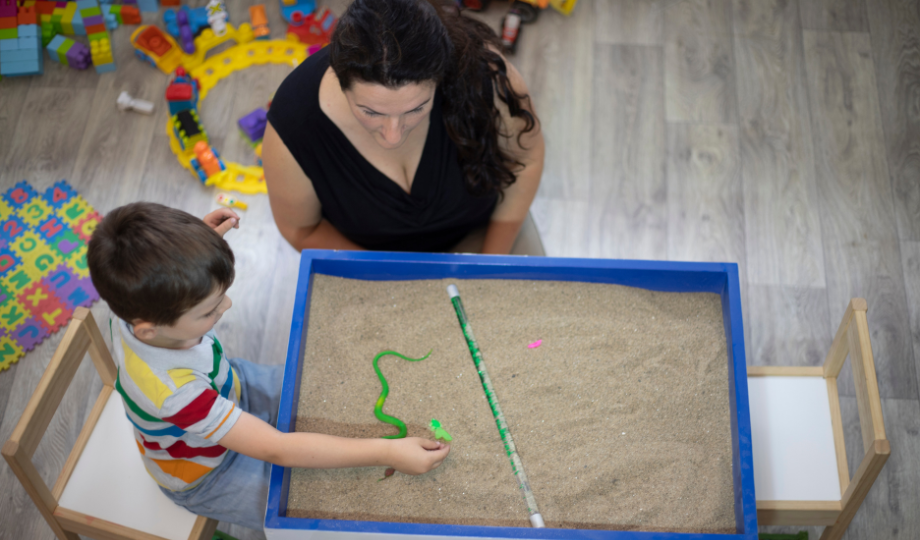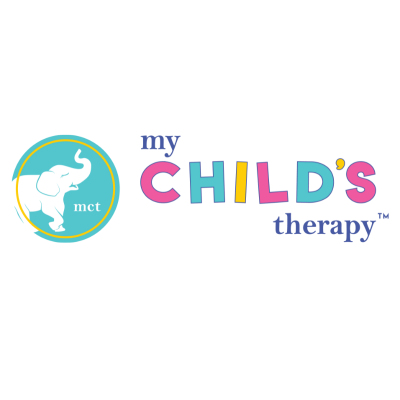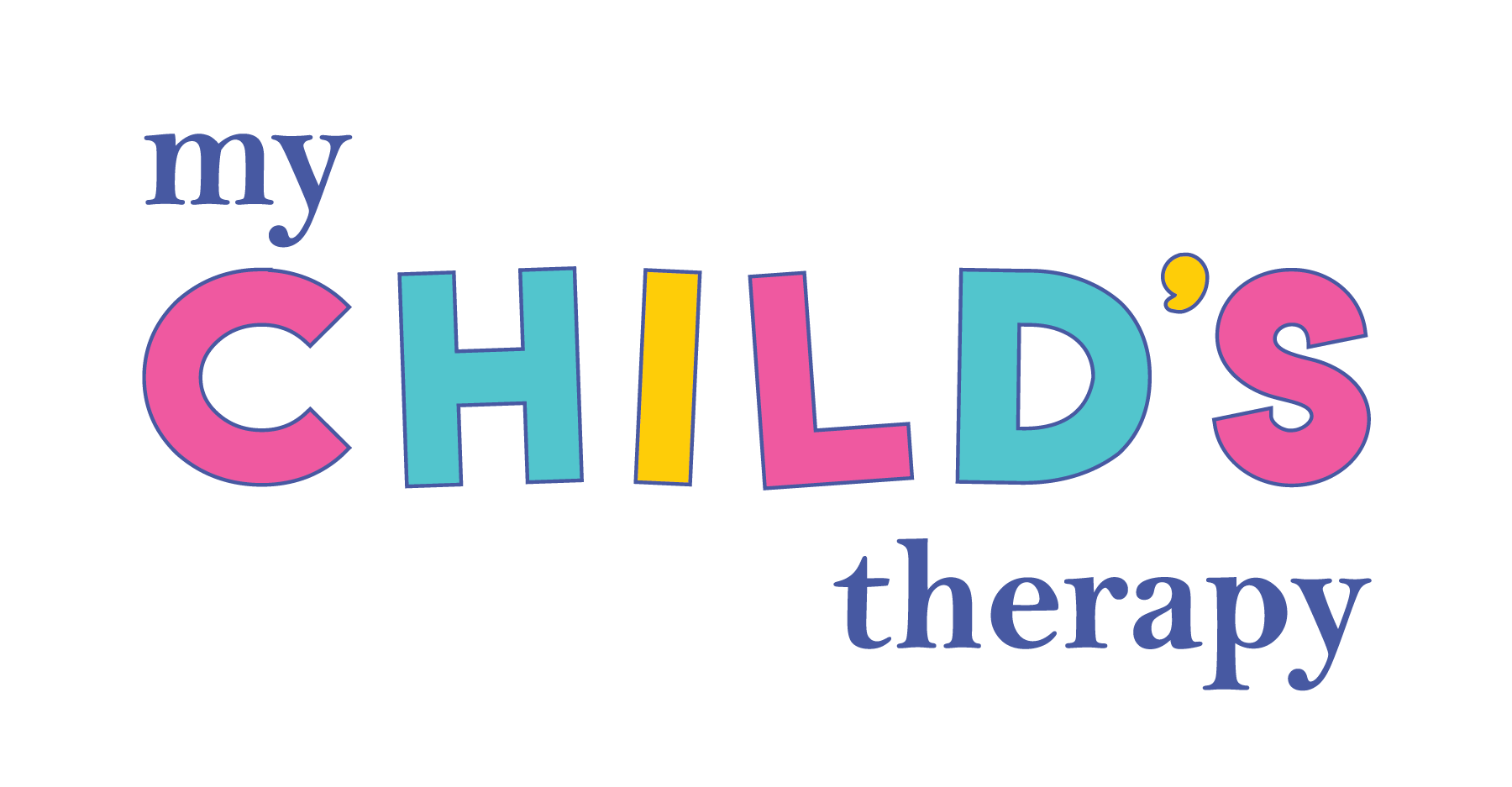EMOTIONAL REGULATION

Emotional regulation
Today, we're diving into a topic that affects everyone – emotional regulation. Let's face it, our feelings can be a wild bunch sometimes. But fear not, there are ways to manage that emotional rollercoaster and participate in the activities we love.
Our skilled therapists see emotional regulation as a key part of helping children engage in their daily lives. Whether it's a child struggling with meltdowns at daycare or a teen facing anxiety at work, strong emotional regulation skills are essential for navigating life's ups and downs.
What is Emotional Regulation, Anyway?
Think of emotional regulation like the dimmer switch for your feelings. It's not about bottling things up or pretending to be happy all the time. It's about understanding your emotions, being able to identify them, and having tools to manage them in a healthy way.
How Can OT Help?
Here's the cool part: occupational therapists have a unique toolbox for tackling emotional regulation. Our team can focus on the connection between your body, your senses, and your emotions.
Here are a few ways we can help:
- Sensory Strategies: We can explore how different sensory experiences like deep pressure, movement, or calming music can help regulate your emotional state.
- Calming Techniques: We can teach you relaxation techniques like deep breathing, progressive muscle relaxation, or mindfulness exercises.
- Building Self-Awareness: We can help you identify your emotional triggers and develop healthy coping mechanisms.
- Social Skills Development: Strong emotional regulation skills go hand-in-hand with good social skills. We can help you develop communication tools to express your emotions effectively.
Remember, You're Not Alone!
Everyone struggles with emotional regulation from time to time. The important thing is to find what works for you. Here are some additional tips:
- Identify your triggers: What situations or events tend to make your emotions flare up? Once you know your triggers, you can start to develop strategies for managing them.
- Take breaks: When you're feeling overwhelmed, step away from the situation and take a few deep breaths.
- Talk it out: Sharing your feelings with a trusted friend, family member, or therapist can be a great way to process your emotions.
- Practice self-care: Make sure you're getting enough sleep, eating healthy foods, and exercising regularly. Taking care of yourself physically can also improve your emotional well-being.
The Takeaway
Emotional regulation is a skill that takes time and practice to develop. But with the right tools and support, you can learn to manage your emotions and live a more fulfilling life.
If you're struggling with emotional regulation, don't hesitate to reach out to an occupational therapist. We can help you find healthy ways to cope with your feelings and participate in the activities and relationships that matter most to you.
Stay tuned for future posts where we'll delve deeper into specific techniques and strategies for emotional regulation!
At My Child’s Therapy, it is our goal to assist in meeting a child’s milestones and improving on their necessary skills through developing strategies that suit each child. If you have taken note of any deficits within your child’s fine motor skills, such as difficulty dressing, feeding, or handwriting, feel free to contact our site to schedule an evaluation to discuss your concerns. We can be reached via telephone at 215.344.2044 or via our website https://www.mychildstherapy.com/contact-us.
We look forward to hearing from you!


